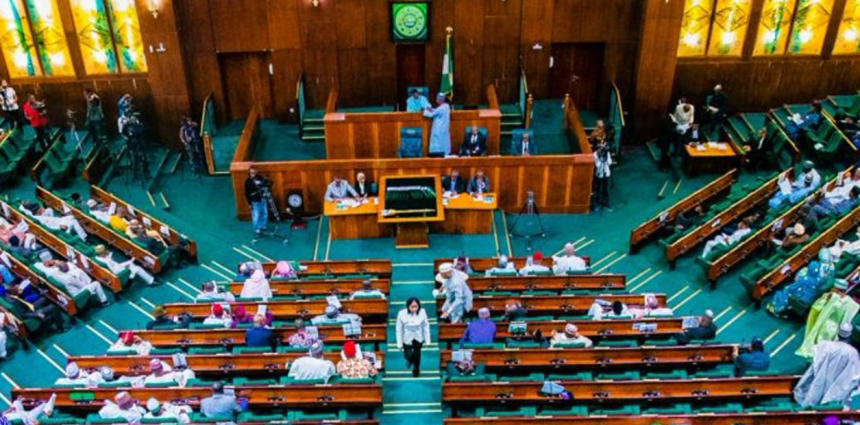The Nigerian House of Representatives on Tuesday, voted against a proposed constitutional amendment that sought to rotate the offices of the President and Vice President among the country’s six geopolitical zones.
The bill, which aimed to formalize regional power rotation in the Constitution, was one of seven proposed constitutional amendments listed for deliberation. In addition to the rotational presidency bill, six other amendments were also rejected by lawmakers. Despite the outcome, the House resolved to reconsider the proposals individually during Wednesday’s plenary session.
To facilitate broader debate, the House had earlier suspended its usual rules, allowing all seven amendments to be discussed simultaneously. Lawmakers were free to choose which of the proposed bills to speak on, and the majority chose to focus on the rotational presidency.
The proposal quickly became a point of contention, with several lawmakers opposing the idea on various grounds.

Deputy Minority Leader Aliyu Madaki led the charge against the bill. He argued that the issue of fair representation had already been addressed through the Federal Character principle and that introducing rotational presidency into the Constitution could have unintended consequences. Madaki insisted that political parties already have internal structures that promote inclusion without the need for constitutional enforcement.
Sada Soli (APC, Katsina) acknowledged the proposal as creative but warned that it could undermine merit-based leadership. He expressed concern that institutionalizing regional rotation could fuel ethnic and regional rivalry.
Shina Oyedeji (PDP, Oyo) echoed similar sentiments, cautioning that embedding zoning into the Constitution could trigger fresh agitation among states and ethnic groups within each zone. “If the presidency is zoned to the South West, for instance, who decides whether it goes to Ogun or Oyo?” he asked.
Bello Mohammed El-Rufai raised concerns about leadership continuity, citing the example of former President Umaru Musa Yar’Adua, who died in office. He warned that such a provision could limit the rights of Nigerians to contest for leadership and potentially deepen distrust among different regions.
Olumide Osoba (APC, Ogun) added that while the idea may appear well-intentioned, forcing political parties to pick candidates based on geography could undermine party independence.
On the other hand, some lawmakers supported the amendment. Minority Whip Ali Isa argued that all six geopolitical zones deserve a chance at producing a president. He also suggested extending the principle to state-level governance to ensure rotation among senatorial districts. He praised the Deputy Speaker for recognizing the need for fairness and advocated for the presidency to move to the North East in 2027.
Clement Jimbo (APC, Akwa Ibom) supported the bill, stating that it sought to correct longstanding injustices against minority groups. He proposed that the rotational principle be applied until every zone has had a turn, after which it could be phased out.
Despite the passionate debates, the bill and other proposed amendments failed to pass the second reading following a voice vote.
Among the other rejected bills were proposals to:
Transfer the regulation and registration of political parties from INEC to a new Office of the Registrar-General of Political Parties.
Create a new Ughelli East Local Government Area in Delta State.
Establish the Office of the State Auditors-General for Local Governments and the FCT Area Councils to improve grassroots accountability.
The failed amendments reflect ongoing debates within the legislature over how best to balance fairness, merit, and unity in Nigeria’s complex political landscape.



